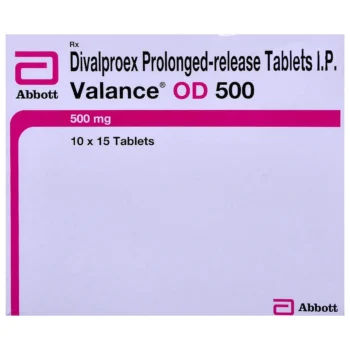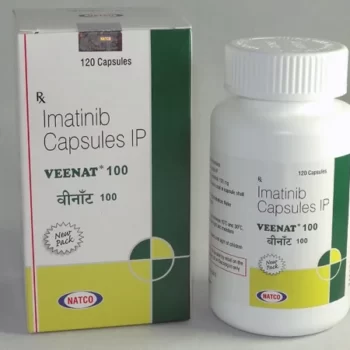With a focus on excellence, unraveling the potential of Ivermectin in cancer treatments and management. | Clarksville, United States
In the realm of oncology, the profound impact of Ivermectin in cancer treatment unveils a new chapter in innovative therapies. Unveiling a myriad of possibilities, this humble medication harbors extraordinary potential in combating the relentless oncogenic progression. As we delve deeper into the realm of molecular intricacies, the true essence of Ivermectin's therapeutic prowess emerges, offering a glimpse of hope amidst the formidable battle against cancer. Explore the transformative landscape of cancer treatment through the lens of Ivermectin, where possibilities are limitless and breakthroughs are aplenty.
Product Overview
Ivermectin is a potent antiparasitic medication used to treat a variety of infections caused by parasites. With proven effectiveness against conditions such as scabies and river blindness, Ivermectin is a trusted and essential tool in global health initiatives. Consult your healthcare provider for proper usage and dosage.
Human Medical Applications
Ivermectin is a medication commonly used to treat parasitic infections in humans. It is often prescribed to combat ailments such as scabies and certain types of roundworm infections. When administered as directed by a healthcare professional, Ivermectin works by paralyzing and killing the parasites, ultimately helping to alleviate symptoms and promote healing. It is crucial to follow dosage instructions carefully and inform your doctor of any existing health conditions or medications you are taking to ensure its safe and effective use. Always consult with a healthcare provider before beginning any new treatment regimen involving Ivermectin.
Safety and Side Effects
Ivermectin is generally safe when used as prescribed by a doctor to treat conditions such as parasitic infections. However, some common side effects may include nausea, vomiting, diarrhea, dizziness, or skin rash. In rare cases, more serious side effects like severe allergic reactions or neurological symptoms may occur. It is important to follow your doctor's instructions carefully and report any unusual symptoms immediately. Avoid using Ivermectin without medical supervision, especially at high doses, as it can be harmful.
Conclusion
Quality-focused research has shown promising potential for the use of Ivermectin in cancer treatment. In vitro studies have revealed that Ivermectin can inhibit the growth of various cancer cell lines by inducing apoptosis and autophagy. Furthermore, clinical trials are exploring the effectiveness of Ivermectin in combination therapies for different types of cancer. The mechanism of action involves targeting multiple pathways involved in cancer development and progression, making Ivermectin a promising candidate for future cancer treatment strategies. Patients and healthcare providers alike are looking towards this novel approach with optimism and hope for improved outcomes in the fight against cancer.


